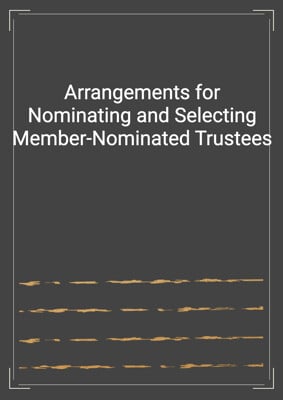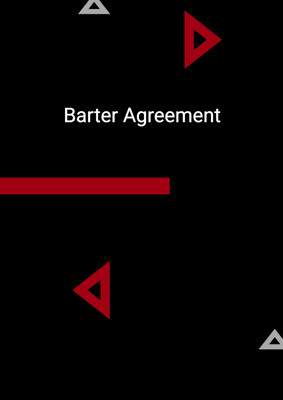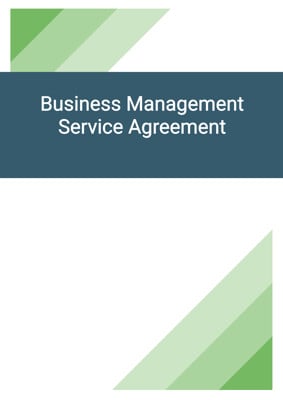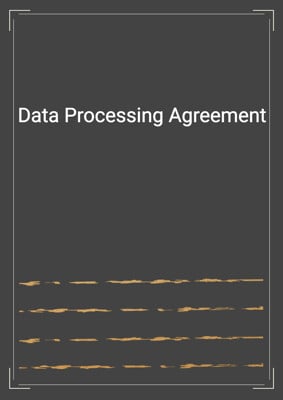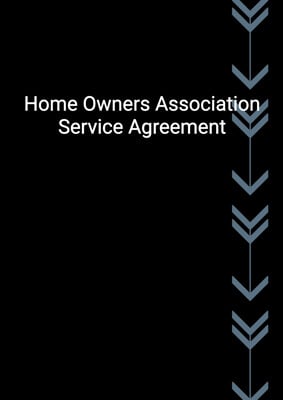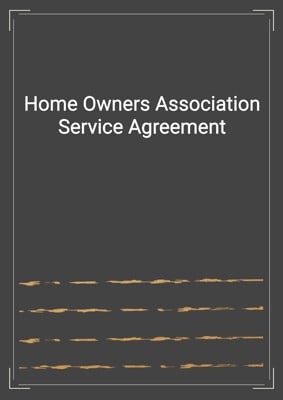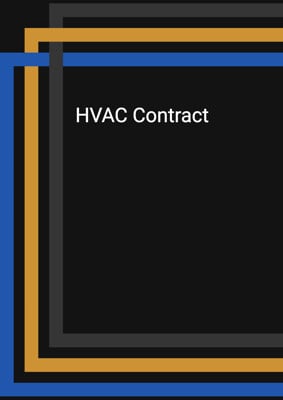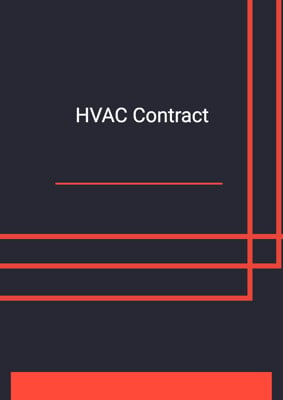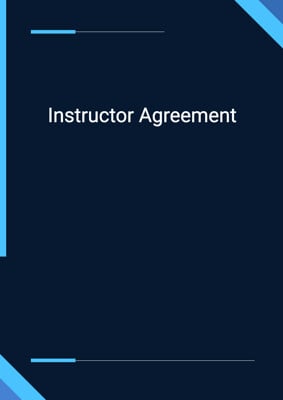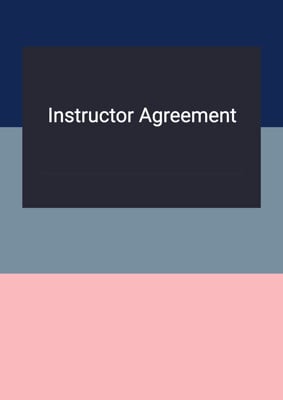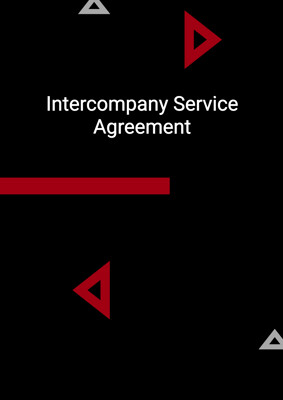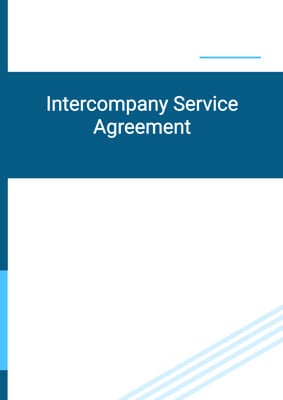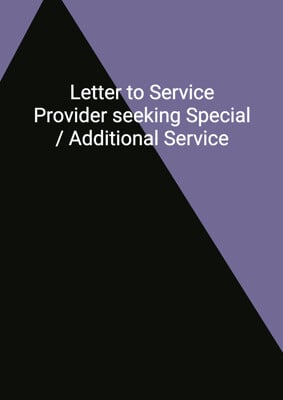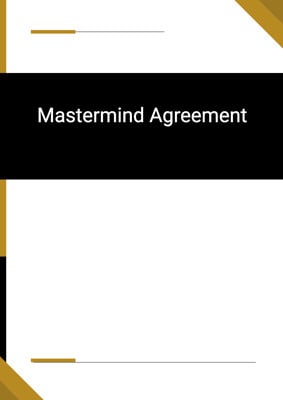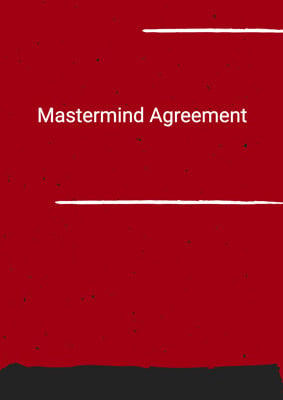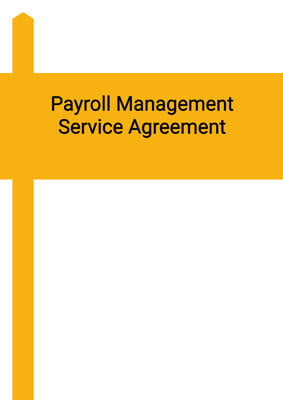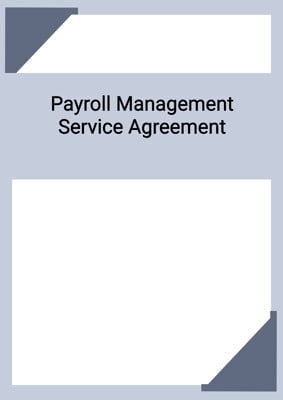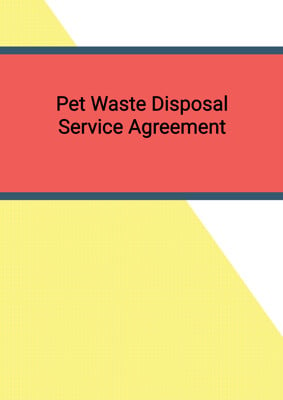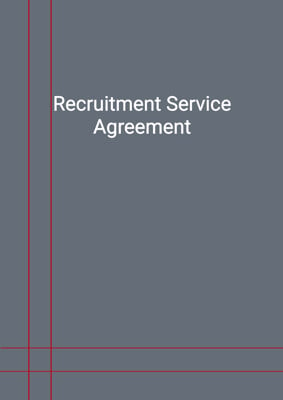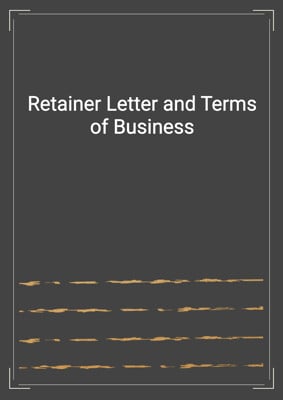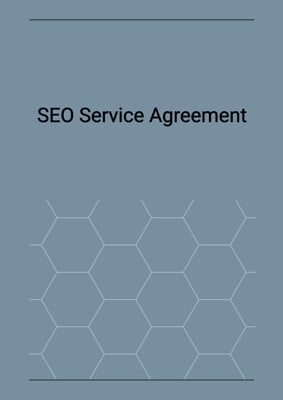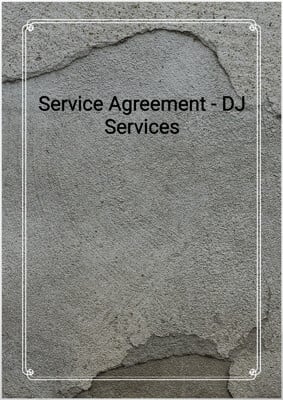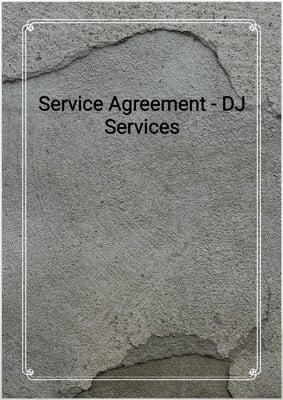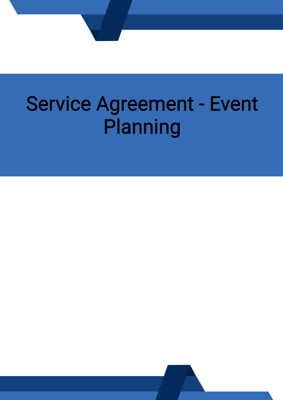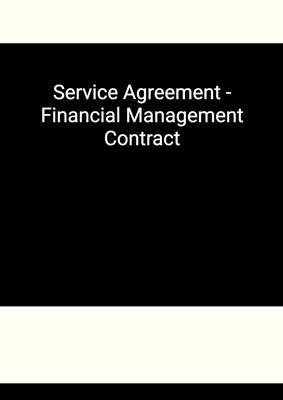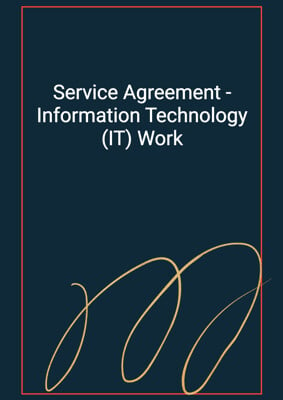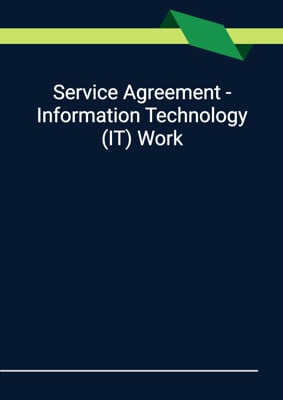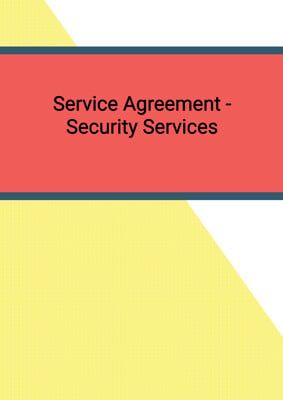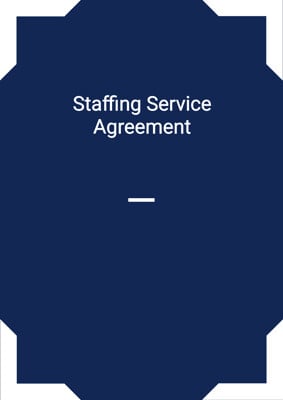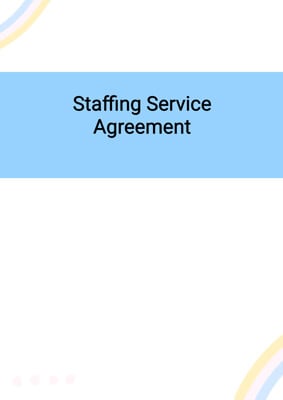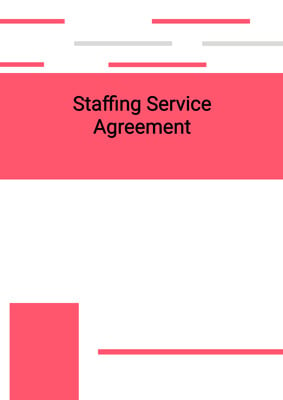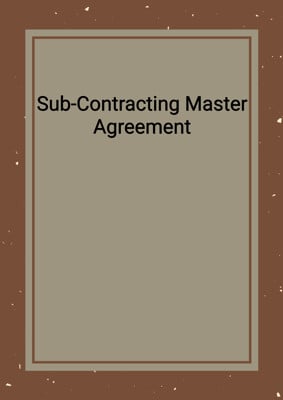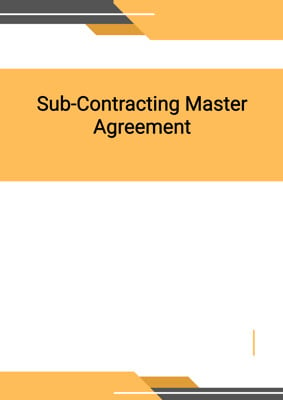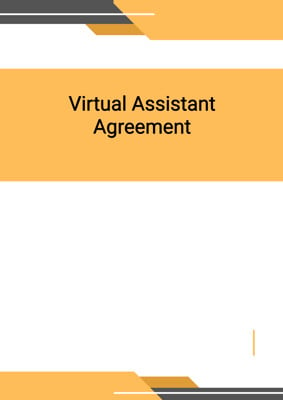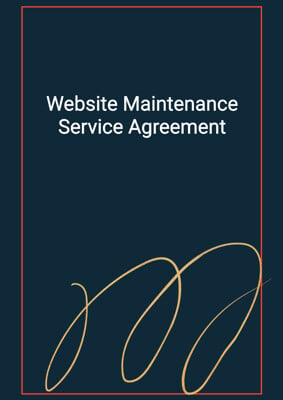How to Tailor the Document for Your Need?
01
Create Document
Fill in the details of the parties. You can click the "Fill with Member’s Information" button to complete it with information saved to your account.
02
Fill Information
Please fill in any additional information by following the step-by-step guide on the left hand side of the preview document and click the "Next" button.
03
Get Document
When you are done, click the "Get Document" button and you can download the document in Word or PDF format.
04
Review Document
Please get all parties to review the document carefully and make any final modifications to ensure that the details are correct before signing the document.
Document Preview
Document Description
The Service Agreement - Day Care is a legally binding document that outlines the terms and conditions between the servicer and the customer for the provision of supervised daytime care services for children. This agreement is important as it establishes the rights and responsibilities of both parties, ensuring clarity and avoiding any misunderstandings.
The entire document is divided into several sections, each addressing specific aspects of the agreement. The first section, titled 'Interpretation,' provides definitions for key terms used throughout the agreement. This ensures that both parties have a clear understanding of the terminology used.
The second section, 'Servicer Obligations,' outlines the responsibilities of the servicer in providing supervised daytime care services. It specifies that the servicer shall comply with all applicable laws and regulations and that any services outside the scope defined in the agreement will require a new agreement.
The third section, 'Servicer Operating Hours and Dates,' states the operating hours of the servicer and clarifies that the customer is responsible for transportation arrangements for dropping off and picking up the children.
The fourth section, 'Daycare Service Obligations,' details the specific obligations of the servicer, including placing children into teaching groups, monitoring them at all times, and planning educational or social skill-building activities.
The fifth section, 'Activities,' allows the children to participate in supervised activities organized by the servicer and specifies that the customers will be informed of any special equipment or attire required.
The sixth section, 'Medical Information of Children,' requires the customers to declare that the children have received all required vaccinations and acknowledges that the servicer will not be liable for any illnesses resulting from a lack of vaccination.
The seventh section, 'Discipline,' states that the servicer will use positive discipline rather than corporal punishment when disciplining the children.
The eighth section, 'Meeting,' allows either party to request a meeting to discuss any matters related to the services, with the location and presence of children to be agreed upon.
The ninth section, 'Service Fees,' outlines the payment terms, including the amount, invoicing process, and late payment charges. It also clarifies that the customer is responsible for providing their own supplies and equipment.
The tenth section, 'Warranties and Indemnities,' addresses the reporting and rectification of any defects in the services, the limitation of liability, and the customer's indemnification of the servicer.
The eleventh section, 'Release of Children,' requires the customers to inform the servicer of approved persons for picking up the children and any persons not allowed to do so.
The twelfth section, 'Emergency Contacts,' mandates the provision of emergency contacts for the children and outlines the procedure for contacting them in case of an emergency.
The thirteenth section, 'Term and Termination,' specifies the duration of the agreement and the conditions for termination by either party.
The fourteenth section, 'Ownership of Materials,' addresses the intellectual property rights of the servicer and the termination of the license granted to the customer.
The fifteenth section, 'Confidential Information,' imposes obligations on the customer to keep confidential any information disclosed by the servicer.
The sixteenth section, 'Announcements/Publicity,' requires prior approval for any announcements or disclosures related to the agreement.
The seventeenth section, 'Amendment,' states that any variations to the agreement must be in writing and signed by the parties.
The eighteenth section, 'Assignment,' prohibits the customer from assigning the agreement without the servicer's consent.
The nineteenth section, 'Severability,' addresses the invalidity of any provision and the negotiation of a substitute provision.
The twentieth section, 'Further Assurance,' obligates the parties to perform any further acts or execute documents necessary to implement the agreement.
The twenty-first section, 'Warranty of Capacity and Power,' includes representations and warranties by each party regarding their authority and capacity to enter into and perform the agreement.
The twenty-second section, 'Force Majeure,' exempts the parties from liability for failure or delay in performing their obligations due to causes beyond their control.
The twenty-third section, 'No Rights Under Contracts for Third Parties,' clarifies that only the parties to the agreement have enforceable rights.
The twenty-fourth section, 'Arbitration and Proper Law,' encourages the parties to resolve disputes amicably and specifies the proper law governing the agreement.
The twenty-fifth section, 'Notices and Service,' outlines the methods and deemed times of giving notice between the parties.
The twenty-sixth section, 'Counterparts,' allows the agreement to be executed in multiple counterparts, with each counterpart constituting an original document.
Overall, this Service Agreement - Day Care covers all essential aspects of the relationship between the servicer and the customer, ensuring clarity, protection, and mutual understanding.
How to use this document?
1. Provide information: Enter the servicer's and customer's information, including their principal place of business, in the agreement. This ensures clear identification of both parties.
2. Specify operating hours and dates: Clearly state the operating hours of the servicer and the days/hours during which the supervised daycare services will be provided. This helps the customer understand when they can drop off and pick up their children.
3. Describe servicer obligations: Detail the specific obligations of the servicer, such as placing children into teaching groups, monitoring them, and planning educational or social skill-building activities. This ensures that both parties are aware of the servicer's responsibilities.
4. Discuss activities: Inform the customers that the children will be allowed to participate in supervised activities, including water and outdoor activities. Also, specify if any special equipment or attire is required for certain activities.
5. Provide medical information: Request the customers to declare that the children have received all required vaccinations. Clarify that the servicer will not be liable for any illnesses resulting from a lack of vaccination.
6. Address discipline: State that the servicer will use positive discipline instead of corporal punishment when disciplining the children. This promotes a safe and nurturing environment.
7. Arrange meetings: Allow either party to request a meeting to discuss any matters related to the services. Agree on the time, location, and presence of children during the meeting.
8. Establish payment terms: Specify the service fee, invoicing process, and due date for payment. Also, mention the consequences of late payment and the customer's responsibility to provide necessary supplies and equipment.
9. Address warranties and indemnities: Explain the reporting and rectification process for any defects in the services. Limit the servicer's liability and require the customer to indemnify the servicer against any liabilities.
10. Release of children: Ask the customers to inform the servicer of approved persons for picking up the children and any persons not allowed to do so. This ensures the safety and security of the children.
11. Provide emergency contacts: Request the customers to provide emergency contacts for the children. Establish a procedure for contacting the customers or emergency contacts in case of an emergency.
12. Specify term and termination: Define the duration of the agreement and the conditions for termination by either party. Also, mention the customer's obligation to pay any outstanding balances upon termination.
13. Address ownership of materials: State that the servicer reserves all intellectual property rights but grants the customer a license to use the services. Clarify that the license will terminate upon termination of the agreement.
14. Maintain confidentiality: Require the customer to keep confidential any information disclosed by the servicer. Specify exceptions to this obligation.
15. Seek approval for announcements/publicity: Prohibit the parties from making any announcements or disclosures without prior written approval, except as required by law.
16. Allow for amendment: State that any variations to the agreement must be in writing and signed by the parties. Clarify that variations do not waive any provisions or affect accrued rights and obligations.
17. Prohibit assignment: Restrict the customer from assigning the agreement or sub-contracting without the servicer's consent.
18. Address severability: Specify that any invalid provision will be replaced through negotiation to maintain the balance of the agreement.
19. Ensure further assurance: Oblige the parties to perform any further acts or execute documents necessary to implement the agreement.
20. Provide warranty of capacity and power: Require each party to represent and warrant their authority and capacity to enter into and perform the agreement.
21. Account for force majeure: Exempt the parties from liability for failure or delay in performing their obligations due to causes beyond their control.
22. Clarify no rights for third parties: State that only the parties to the agreement have enforceable rights.
23. Encourage amicable resolution: Urge the parties to resolve disputes amicably and in good faith. Specify the proper law governing the agreement.
24. Establish notice and service procedures: Define the methods and deemed times of giving notice between the parties.
25. Allow for counterparts: Permit the agreement to be executed in multiple counterparts, with each counterpart constituting an original document.
Not the right document?
Don’t worry, we have thousands of documents for you to choose from:


